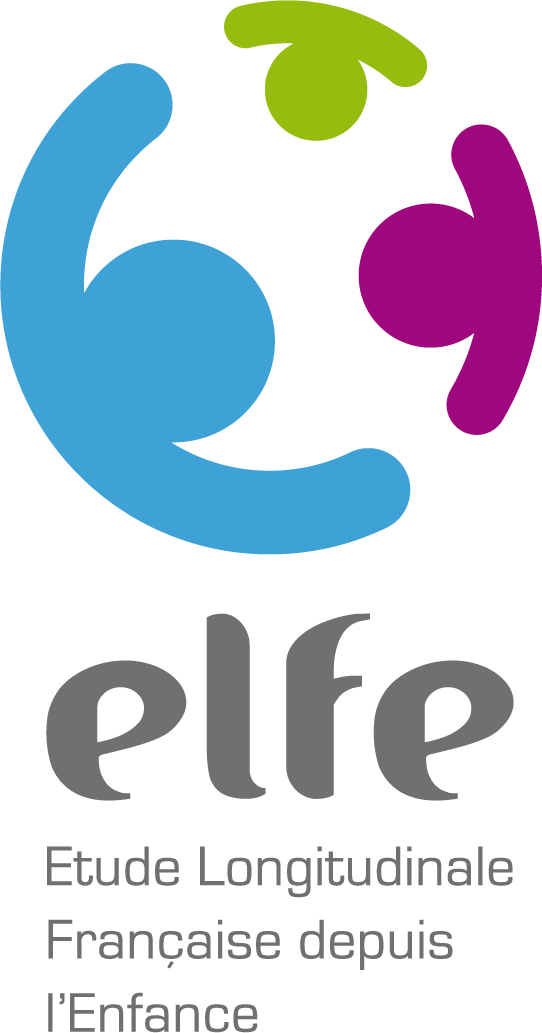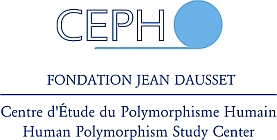Pr Jean Dausset, Prix Nobel de Médecine, 1980
The SAPRIS-SERO Project
 |
 |
 |
 |
 |
 |
The SAPRIS Study ("Health, practice, relationships and social inaquality in global population, during the COVID-19 crisis")
relies on the five main global populations cohorts (Constances -
Etude familiale E3N-E4N - Elfe / Epipage 2 - NutriNet Santé).
The aim of this study is to:
1) quantify and monitor the cumulated incidence of SARS-Cov2 infection in the French global population, using serologic tests,
2) identify the mains factors using the aforementioned cohorts.
This project started on April 2 2020 (granted from ANR-Flash COVID19) with the mailing of a common survey to all cohorts internet participants (the " SAPRIS " survey). This survey will be mailed twice during the study.
The SAPRIS-SERO project lies upon collections of capillary blood self-sampling for serologic anti-SARS-CoV2 test of participants, the main goal being the estimation of the cumulated incidence of SARS-Cov2 infection in the French global population.
Secondary goals related to capillary blood self-sampling and SAPRIS survey are:
- Characterisation of immune ratio and immunity efficiency over time
- Identification of symptom associations predicting Sars-COV2 infection
- Healtcare ratio related to Sars-COV2 infection estimation
- Ratio estimation of infra-clinical infections and of infections escaping from the health system
- Study of anti-SARS-Cov2 mass testing acceptability and impact related to social inequality
- Individual and global impact of containment and barrier gestures on seroconversion risk
- Geographic and social inaquality impact on seroprevalence levels.
Study coordinators are Nathalie Bajos, Inserm research director, and Fabrice Carrat, Public Health professor at Sorbonne University, in collaboration with Santé Publique France.
The CEPH BRC received all SAPRIS DBS cards.
In order to help the future processing of samples, QC sorting had been performed.
The CEPH BRC processed the punched DBS cards and shipped them to the serologic laboratory of Pr Xavier de Lamballerie in Marseille. The CEPH BRC stores the DBS cards collection.
More information:
https://www.e3n.fr/e3n-e4n-participe-letude-sapris-sero
https://www.constances.fr/actualites/2020/Constances-lutte-COV
ID.php
https://etude-nutrinet-sante.fr
https://www.elfe-france.fr
https://epipage2.inserm.fr/index.php/fr/
Over 92000 DBS cards were collected and processed between May and October 2020 and 19000 during the summer of 2021.











